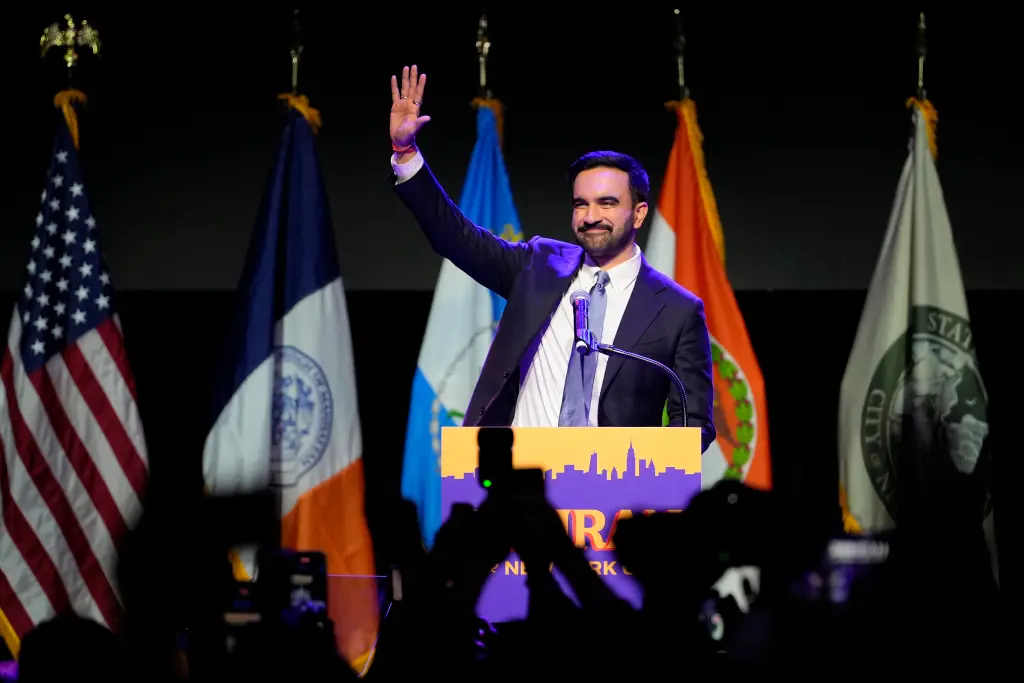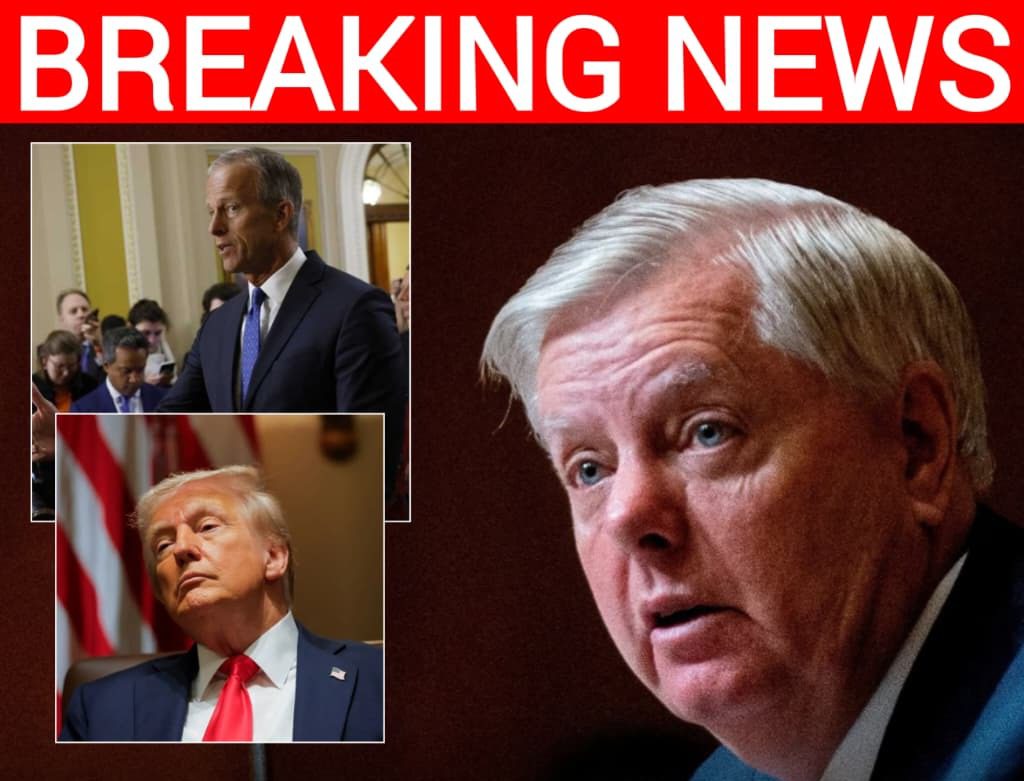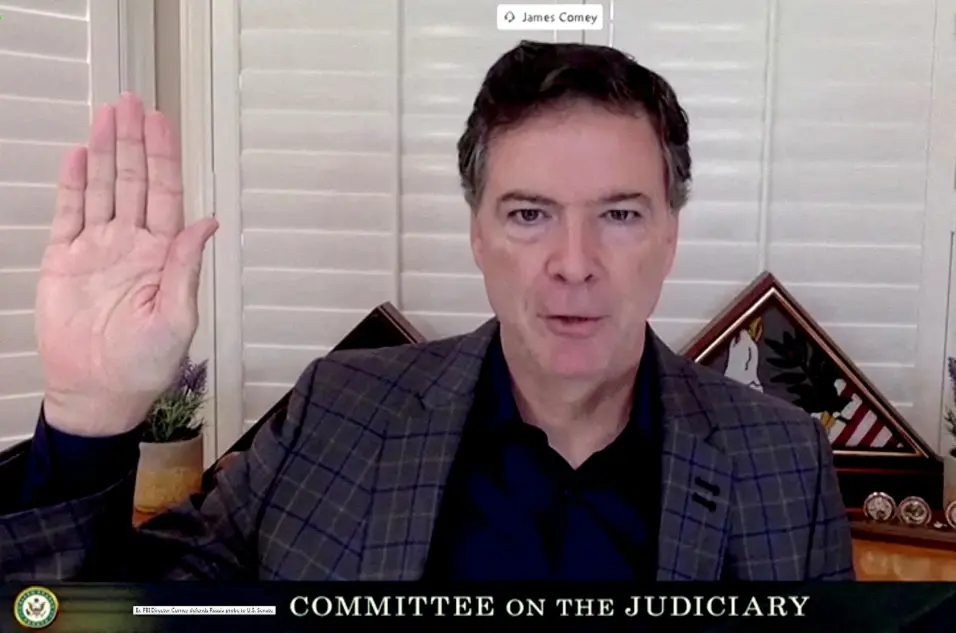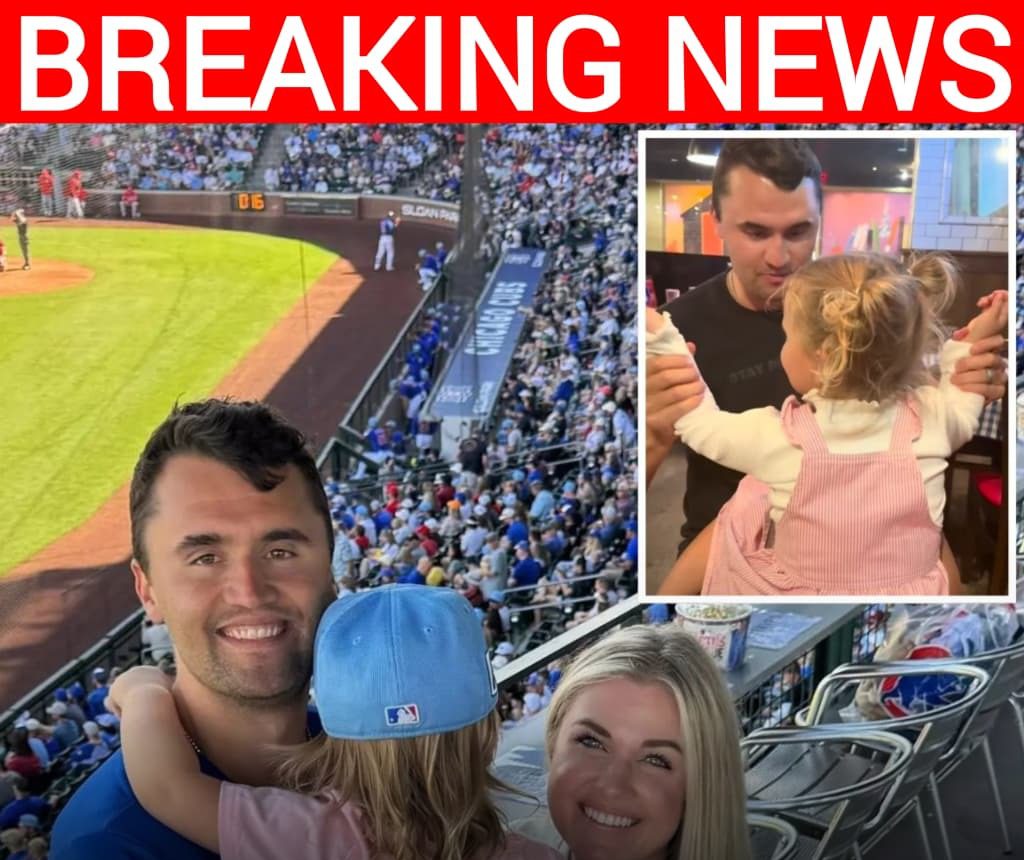NYC DSA ‘Army’ Takes Credit for Zohran Mamdani’s Victory, Calling It a “Clear Mandate” for a Democratic Socialist Agenda
When Zohran Mamdani’s stunning victory as New York City’s next mayor was declared on Tuesday night, the celebrations didn’t just belong to his campaign team — they spread across the city’s progressive movement like wildfire. Within hours, the Democratic Socialists of America’s New York City chapter — known as NYC DSA — proudly claimed credit for the upset win, calling it “a clear mandate for a democratic socialist agenda.” The group’s message was simple: the people, not the billionaires, had spoken.
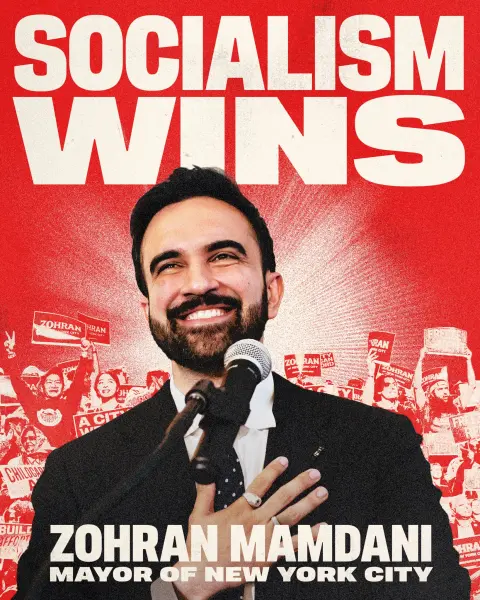
In a statement released shortly after the race was called, NYC DSA co-chair Gustavo Gordillo said, “MAGA billionaires spent millions to prop up Andrew Cuomo and try to stop this movement, but we’ve proved once again: they have money, but we have power.” For the organisation, it was more than a political victory — it was a statement of identity and endurance, a validation of years spent building a grassroots movement across the five boroughs.
Mamdani, at just 34 years old, now holds multiple firsts — the first Muslim, the first South Asian, and one of the youngest mayors in New York City’s long and complex political history. His election marks not just a generational shift but also an ideological one, one that reflects the growing strength of progressive politics in one of the world’s most influential cities. The former Queens Assemblyman ran on a platform rooted in affordability, housing rights, and justice reform — ideas long championed by the DSA and its allies.
For the DSA, the result wasn’t just about electing Mamdani; it was about proving that their “movement politics” could win in America’s largest city. The group proudly called its volunteer network an “army,” boasting tens of thousands of supporters who canvassed, phone-banked, and door-knocked relentlessly for months. From Brooklyn stoops to Bronx bodegas, DSA organisers positioned Mamdani as the people’s candidate — someone who listened, empathised, and stood for working-class families.
On election night, their faith was rewarded. Mamdani’s grassroots momentum toppled former Governor Andrew Cuomo, a seasoned political heavyweight with name recognition, deep establishment ties, and major donor backing. The victory sent shockwaves through political circles — a true David-and-Goliath story that flipped expectations on their head. For DSA supporters, it was poetic justice: the triumph of collective power over concentrated wealth.
“Tonight, New York City made history,” Mamdani said in his victory speech. “We showed that no amount of billionaire money can silence the voice of the people. This city belongs to those who build it, clean it, and keep it alive.” His words were met with thunderous applause, chants of “power to the people,” and a sea of red DSA banners waving proudly behind him.
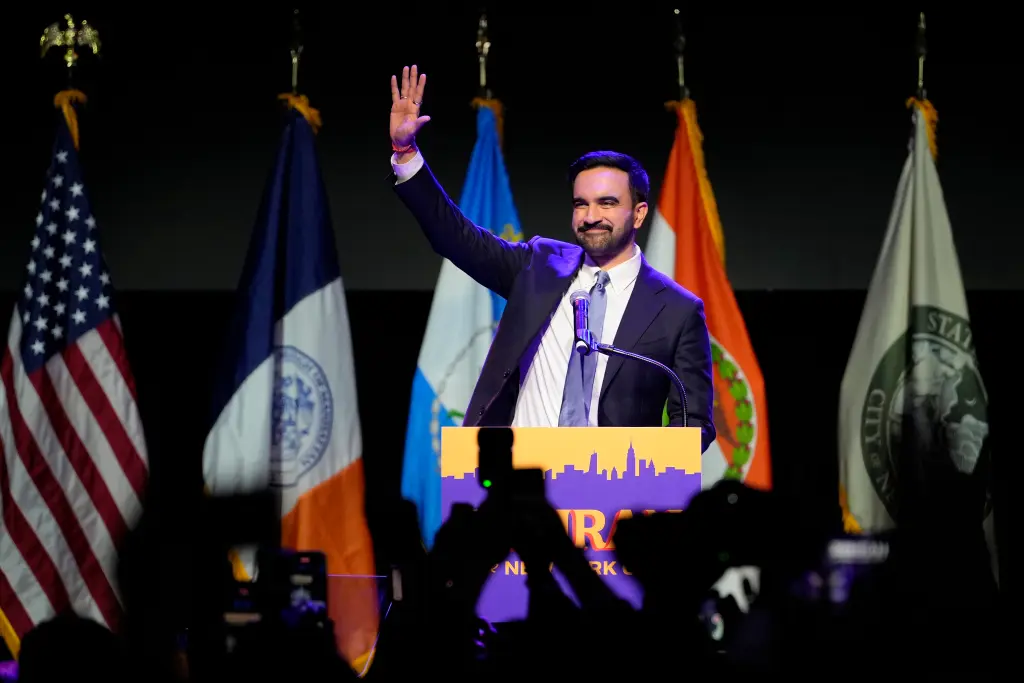
But while supporters were jubilant, critics immediately raised concerns about what this new “mandate” might mean. Conservative commentators accused DSA of trying to “hijack” City Hall with socialist ideals. Even moderate Democrats expressed unease, suggesting that bold campaign promises — from free public transit to rent control expansion and tax hikes on the rich — might collide with political and fiscal reality.
Still, Mamdani’s supporters insist his agenda represents not extremism but empathy. “People are tired of feeling left behind,” said Layla Khan, a DSA volunteer from Jackson Heights. “Zohran’s message isn’t about dividing the city — it’s about making sure every New Yorker has a fair chance to thrive.”
The scale of the DSA’s involvement in Mamdani’s campaign is difficult to overstate. From field operations to social-media strategy, the group’s influence was woven into every layer of the effort. Reports suggest more than 100,000 volunteers took part in some capacity during the campaign’s final months — an unprecedented number for a local race. That mobilisation reflected years of organisational groundwork: from tenant-rights movements to climate-justice protests, the DSA’s network had already built deep community ties.
What made this victory especially significant, analysts say, is that it follows years of slow, methodical expansion by the DSA across New York politics. The organisation now counts several City Council members, state legislators, and local organisers among its ranks. Mamdani’s win, therefore, didn’t appear out of thin air — it was the culmination of a long, deliberate effort to reshape how power works in the city.
But now comes the hard part: governing. Winning an election built on passion and people power is one thing; running a city of 8 million people is another. New York is a maze of bureaucratic systems, entrenched interests, and competing priorities. For Mamdani, who has promised sweeping reforms in housing, healthcare, and climate policy, the next challenge will be translating his movement’s energy into practical, sustainable governance.
Political analysts are divided on what happens next. Some see his victory as a bold step toward a more equitable New York — a city that prioritises renters, workers, and the environment. Others warn that DSA’s involvement could push policy too far left, risking clashes with state leadership, business sectors, and moderate voters. “The challenge,” one former City Hall adviser said, “is to prove that idealism and pragmatism can coexist. The energy is there, but City Hall runs on details, not slogans.”
Still, optimism runs high among Mamdani’s backers. Many cite his reputation as a pragmatic organiser who listens more than he lectures. “He’s not just a socialist — he’s a bridge-builder,” said one campaign aide. “He understands that change doesn’t come from isolation. It comes from conversation, even with people who disagree.”
For the DSA, the days after the election have been filled with both celebration and strategy. Their leaders have already outlined plans to expand their presence city-wide, aiming to support aligned candidates for City Council, state office, and community boards. They see Mamdani’s win as not the end of a movement, but the beginning of a new political era.
Meanwhile, national attention continues to grow. Progressive lawmakers such as Alexandria Ocasio-Cortez and Bernie Sanders hailed the victory as a “defining moment for working-class politics,” while conservative media outlets warned that New York may be entering an era of “socialist experimentation.” The divide underscores just how symbolic the race has become — not only for the city but for the country’s broader ideological tug-of-war.
At the heart of it all is Zohran Mamdani himself — a man who insists he’s not driven by ideology alone, but by compassion. “Call it socialism, call it humanity — I just call it justice,” he said in a follow-up interview the next morning. His words echoed through headlines across the nation.
Whether the DSA’s self-proclaimed “mandate” will turn into real, lasting reform remains to be seen. New Yorkers have witnessed countless political waves before — reformers promising change, only to be pulled into the machinery of City Hall. But this time, something feels different. The streets that powered this victory aren’t fading quietly. They are organised, vocal, and ready to hold their new mayor accountable.
For now, one thing is clear: the Democratic Socialists of America see Zohran Mamdani’s win as their greatest validation yet. And for better or worse, New York City — the city of Wall Street, skyscrapers, and relentless ambition — just handed its keys to a movement that promises to rewrite the story from the ground up.
